By
As graduate students, we learn to hone many skills by the time we get our Ph.Ds. Many of us have experience with teaching, mentoring, public speaking, labwork, performing statistical analyses, working with data visualization, programming, manuscript and grant writing, and much more, so how do we leverage these valuable skills when applying for future jobs? What types of careers can science Ph.Ds apply for, and what type of skills do different careers value most?
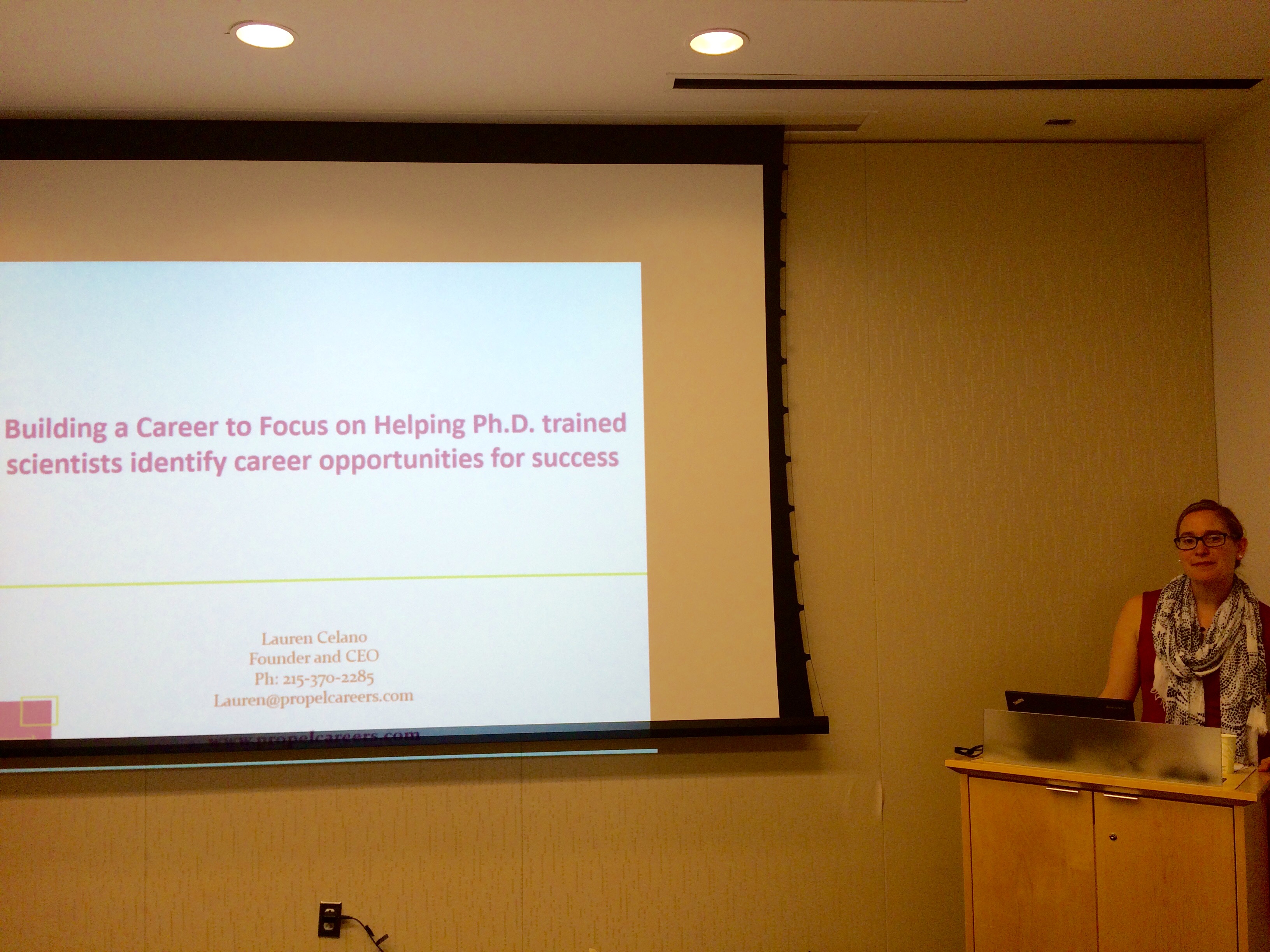
As part of the Huck Graduate Student Advisory Committee’s (HGSAC) Career Exposure Seminar Series, we collaborated with the Eberly College of Science to invite Lauren Celano, CEO and Co-Founder of Propel Careers (a life science career placement firm) to give a talk at Penn State. See below for some examples of professions life science Ph.Ds can pursue and advice Lauren has for current graduate students.
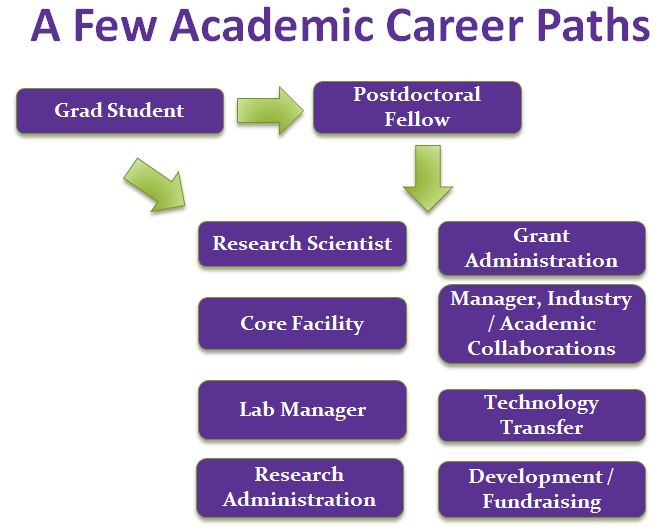
What are your current roles/responsibilities? How have these changed over time?
I am responsible for running the day to day operations of Propel. In addition, I am responsible for recruiting talent for positions we are working on for companies, providing career coaching, organizing networking events, and presenting seminars on career development topics at universities throughout the US and internationally. Over time, the career coaching and seminar work has increased – I really enjoy the opportunity to provide career advice (and hope) to graduate students and postdocs across the US.
Was this career path something you had always considered?
Before starting Propel, I had not considered starting a company focused on recruitment and career coaching specifically. I had thought about starting a biotech company and this is why I initially went to school to obtain my MBA. After an informational interview with Omar Amirana, my co-founder of Propel, the idea for Propel took shape and we started the company together. We both saw an enormous need to help grad students and postdocs transition to industry and to help entrepreneurial companies connect with top talent. I am a huge proponent of informational interviews, which is conducted to collect information about a job, career field, industry or company, since you never know where the conversation will lead!
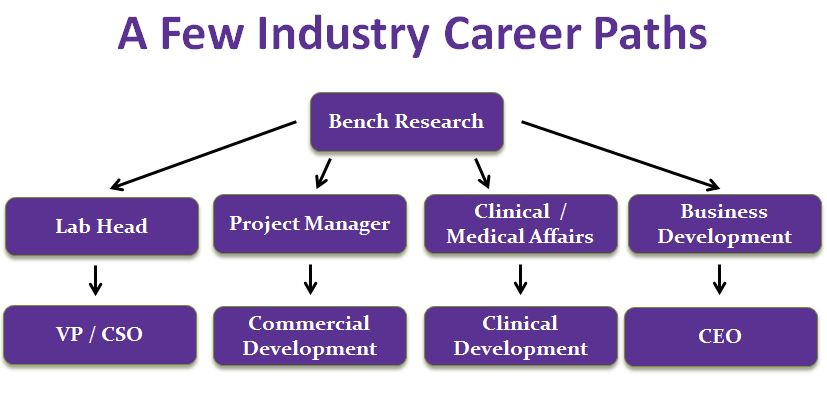
What skills have made you and others in your field successful? Were there any unexpected skills that you needed to learn?
The ability to building meaningful relationships and network is critical to success in this field. Keep in mind that your current lab mates and former colleagues may be future Directors, CEO, VP’s etc. Also, an innate curiosity about the life sciences industry, an ability to see how all of the different functional areas in an organization fit together, and an interest to learn about a variety of career areas is needed for success. Additionally, the ability to listen, ask thoughtful questions, present and effectively manage time is critical for success. For unexpected skills, I have had to learn how to do accounting, web site design, marketing, social media, and public relations. Propel has provided a wonderful opportunity to build new and expand existing skills.

What’s the most challenging part of your career? Time management. Many entrepreneurs probably struggle with this since there are more things to do than hours in the day. The earlier an entrepreneur can figure out how to manage their time and prioritize tasks, the better positioned they will be for success.
How do you think your career will change in both the near and distant future? The need for career advice and career placement for graduate trained people is increasing tremendously especially given the funding situation in academia. Propel will continue to expand to meet this need. In terms of the future, I see an opportunity to be involved at a state and national level to help influence policies related to career development and success for Ph.D trainees as well as success for scientifically focused entrepreneurial organizations.
What can a young scientist do to position him or herself for a career as an entrepreneur or career consultant? Any tips on specific ways to network in the field?
I would suggest a few things. To be a successful entrepreneur, you need to have passion as well as persistence and determination to develop your idea into a reality. Self awareness is also important since knowing and being honest with yourself about your strengths and weaknesses will allow you to identify people to compliment your skills – leading to a more successful team. Networking with people outside of your discipline is important so that you build relationships with people who you can reach out to for advice, insight, and other connections to help you grow. If you are a scientific grad student for example, find opportunities to interact with MBA students, law students, engineers, communications students, etc.
In terms of career consulting, developing exposure to a wide range of disciplines is very helpful since it provides the ability to offer a wider range of career advice/insights. For myself, I worked at contract research organizations for about 10 years before starting Propel and this was extremely beneficial. Not only did I gain knowledge of the many types in vitro and in vivo of studies needed for small and large molecule drug discovery and development, I gained exposure to many of the functional areas needed to discover and develop drugs – efficacy, chemistry, pharmacology, cell biology, molecular biology, analytical chemistry, formulation development, toxicology, safety pharmacology, clinical development, clinical supplies, regulatory, medical writing, procurement, business development, alliance management, operations, etc. This insight has proved extremely beneficial as I counsel people on career paths within the life sciences industry and place people into roles in the industry.
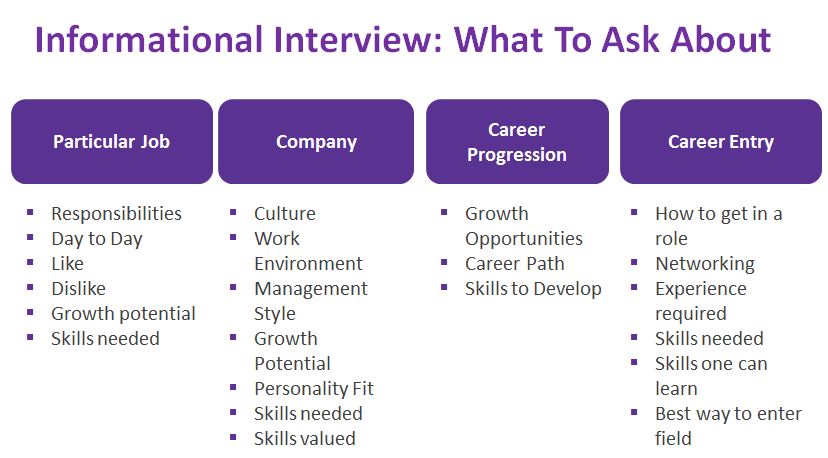
As a graduate student, I would suggest finding opportunities to work on multi disciplinary teams, to gain exposure to research areas outside of yours. I would also suggest taking a leadership role in an organization on campus such as the grad student association, women’s association, student club, or whatever interest you, so that you demonstrate your involvement, leadership, teamwork, and community focused skills. Some institutions have a career development office. If yours does, I would suggest trying to intern to see what this career path is like. You could also conduct outreach to speakers if your department, club, or school is organizing career panels. This will allow you to build relationships with people outside of your organization and may also provide insight into different career areas.
After Propel Careers, where would you like to work?
This is a great question. Before I started Propel, I made a list of things that are important to me in my career. I wanted to be in a role where I could help people, network and build relationships, help play a part in developing innovative technologies, and utilize my previous knowledge in a new capacity. When the opportunity to start Propel came about, I cross referenced my list with the potential for Propel. Because they aligned, I kept a very open mind and decided to go for it. Propel is almost 7 years old and the experience has been extremely rewarding. When I decide to look for a new opportunity, I will take a similar approach and focus on what is important to me and what I want to accomplish, as compared to focusing on the job title per say. I am curious to see how my career will continue to develop and the continued impact I can make in the lives of our current and future leaders.
How easy/difficult is it to balance work and personal/family life in your career?
I have always struggled with “work life balance”, since I really enjoy working and making a difference in whatever I do. I have always worked long hours, definitely not the typical 40 hours/week. I am lucky to have found a role that I really enjoy, so the long hours are fine with me since I know I am helping people. I don’t have kids and I am not married, so there are probably better people to address the family life/ work question. Fundamentally, if you are lucky to find a role that you enjoy, the excitement of making a difference and the enjoyment of your day to day responsibilities should make work feel like something you look forward to, rather than a chore.
What advice do you have, about anything, for current graduate students?
Network – talk to people to learn about careers and to gain their perspectives on their career, what their roles entail, how they secured their job, what they like and don’t like about the role, etc. This will help you be more informed about what is “out there”. You may even learn about careers you did not even know existed and end up finding a career path that is right for you. Don’t be afraid to take “calculated / informed” risks. Current Ph.D. students may have 40+ years of work before you retire, so you have time to try things and develop the right path for you. The key is to know why you are taking a role, what you are looking to gain, and how you plan to continue to develop your skills.
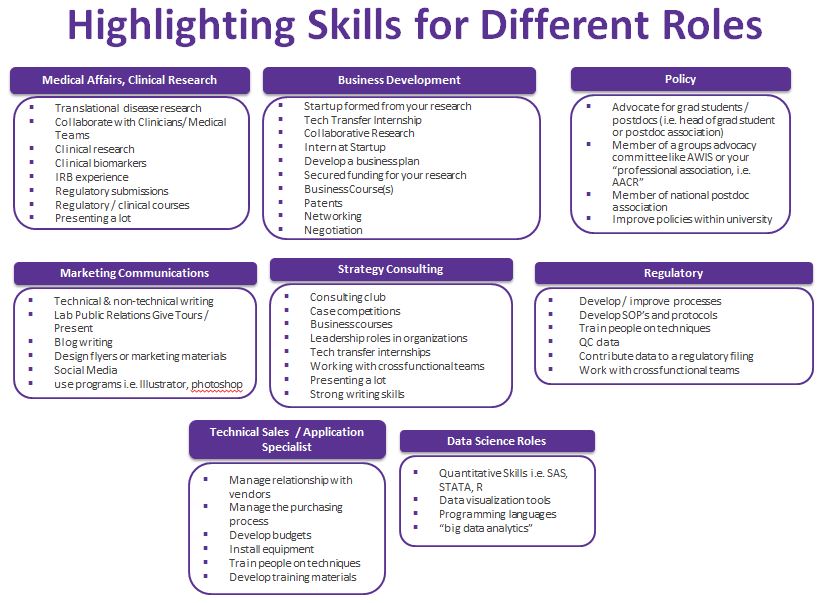
For more information on future career and professional development events and seminars, visit our website here!
